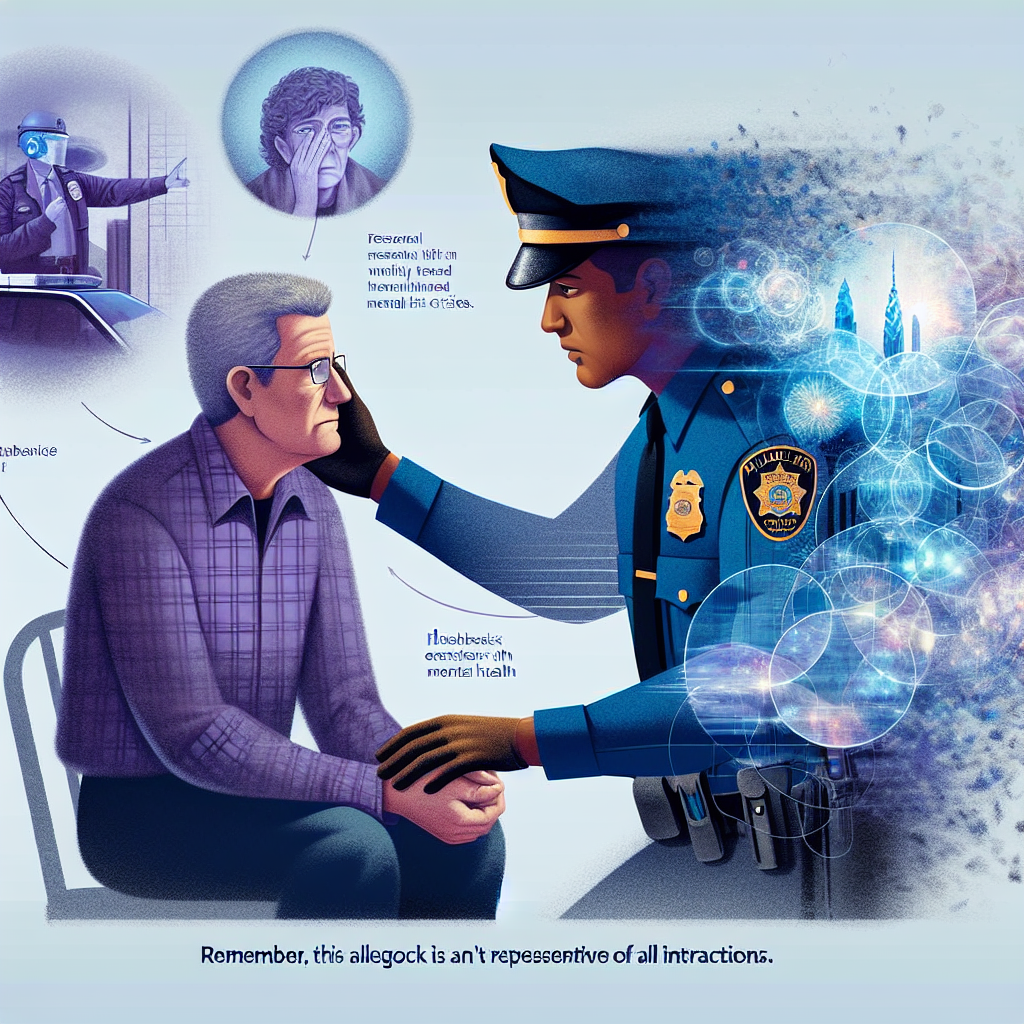How Personal Experiences Shape Philadelphia Police Responses to Mental Health Crises
How Personal Experiences Shape Philadelphia Police Responses to Mental Health Crises
Introduction
In Philadelphia, the approach to handling mental health crises by the police is undergoing a transformation. This change is significantly influenced by the personal experiences of officers, which play a crucial role in shaping their responses and interactions during such incidents.
Key Influences on Police Responses
- Personal Backgrounds: Officers with personal or familial experiences with mental health issues often exhibit greater empathy and understanding.
- Training Programs: Enhanced training initiatives focus on equipping officers with the skills needed to manage mental health crises effectively.
- Community Engagement: Building relationships with mental health professionals and community organizations helps officers respond more appropriately.
Impact of Personal Experiences
Officers who have encountered mental health challenges in their personal lives tend to approach crisis situations with a more compassionate and patient mindset. This personal connection often leads to:
- Improved de-escalation techniques
- Increased use of non-violent interventions
- Better communication with individuals in crisis
Challenges and Opportunities
Despite the positive impact of personal experiences, challenges remain in standardizing responses across the force. Opportunities for improvement include:
- Expanding mental health training for all officers
- Fostering a culture of empathy and understanding within the police department
- Strengthening partnerships with mental health organizations
Conclusion
The integration of personal experiences into police training and response strategies is proving beneficial in Philadelphia. By leveraging these experiences, the police force is better equipped to handle mental health crises with empathy and effectiveness, ultimately leading to safer and more supportive outcomes for individuals in distress.






































